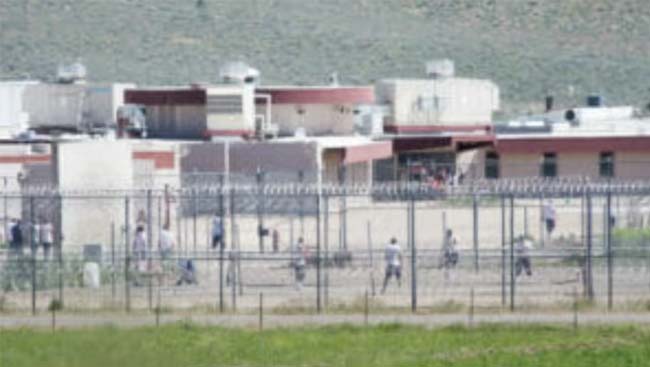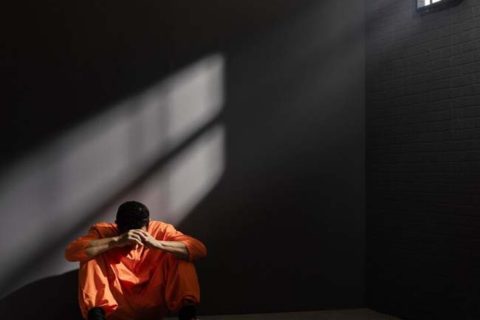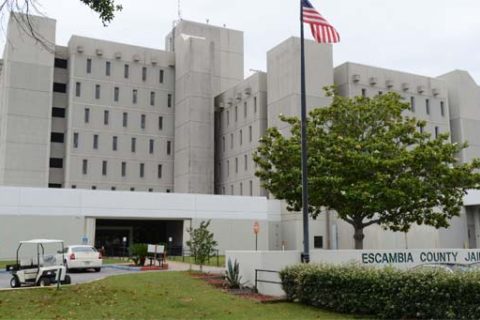There are a lot of prison-related terms. Many common individuals may find them strange since they are not familiar with them. Among these terms is SNY, which stands for Special Needs Yard. What is Special Needs Yard or SNY?

Definition of SNY
SNY is the abbreviation of Sensitive Needs Yard. This one refers to a type of prison yard in California created by the California Department of Corrections and Rehabilitation or CDCR in 1999. It was created in response to a lawsuit that challenged the use of solitary confinement as a way to protect vulnerable inmates. The program is intended for inmates who may require special protection, segregation, or isolation from the general prison population due to various reasons, such as receiving threats, being a target of violence or harassment, and so on, because of their criminal charges, their gang affiliation, their sexual orientation, their mental health, or their cooperative with the authorities. It is worth noting that the term “special needs” can include a wide range of circumstances. Besides, it also should be remembered that not every inmate in SNY yards necessarily has disabilities or certain needs.
Basically, SNY program is the kind of program with the purpose to serve as an alternative to isolation. Plus, this place also offers more opportunities for rehabilitation and programing for SNY prisoners. According to the California Department of Corrections and Rehabilitation or CDCR, there are currently a total of 16 prisons in California with SNY yards. It is stated that about 20% of the population in the state prison is placed in SNY facilities.
Reasons for SNY Placement
There are several reasons for SNY placement, including:
- Safety concern
One of the main reasons for putting an inmate in SNY is safety. Some people may be afraid for their lives and well-being if they stay in the general population due to threats, issues that relate to gang, and other issues.
- Informants or cooperating witnesses
Inmates who have helped the authorities as informants or witnesses in legal proceedings may be transferred to SNY for the sake of their safety. The other inmates may feel betrayed by these “snitches” and they may harm them.
- Vulnerable populations
It may be needed for certain inmates, such as the ones who are suffering with mental health issues, LGBT+ individuals who frequently face harassment, or everyone who is at risk of exploitation, to be placed in SNY in order to protect them from potential harm or abuse.
Requirements to Have SNY Designation
It is possible for an inmate to request to be transferred to a SNY, a place where they can be separated from the general population and live with other inmates who share similar safety needs. If an inmate wants to be designated as SNY in accordance with the California code of Regulations or CCR, they have to meet several criteria, as follows:
- They express safety concerns and request SNY designation
- They have certain, documented, and verified systemic safety concerns, as defined in section 3000
- They do not pose a threat to the safety or security of the SNY population
- If they are documented as a validated Security Threat Group I (STG-1) member, as defined in section 3000, they fulfilled the debriefing process according to section 3378.5.
Controversy Surrounding SNY
A program called Sensitive Needs Yard or SNY has faced criticism and controversy from a few parties, including prison officials, general population, SNY prisoners, and advocates. Some controversies surrounding this program include:
- The criteria and process for SNY are unclear and are not consistent. Besides, they may cause arbitrary or unfair decisions. For instance, the status of some inmates may be defined even though they have legitimate safety concerns. In contrast, the SNY status of some other inmates may be granted, even though they don’t have any valid reasons. In addition, it is also possible for some inmates to abuse the SNY system just to avoid living in tough conditions or the accountability of the general population yard.
- Compared to GP yard, SNY is not safer or more peaceful. In fact, the violence, conflict, and instability may still remain. For example, some SNY yards may have gangs, factions, or groups that are against them and may cause assaults, riots, or extortion. Plus, it is possible for some SNY prisoners to face stigma, discrimination, or get bullied by fellow SNY prisoners or by prison staff.
- The rehabilitation and reintegration of SNY prisoners may be damaged by SNY program. Aside from that, it is also possible for this program to create a permanent underclass of prisoners who are getting isolated from society. For instance, some SNY prisoners lose support from their close ones and they may also have a hard time accessing or participating in some programs. Apart from that, they may also have a tendency to rely on the SNY system and may have a hard time adjusting to the GP yard or to the community after the release.
Bottom Line
In conclusion, SNY stands for Sensitive Needs Yard. This one is counted as a type of prison yard in California. It is designed to protect certain prisoners as well serving as an alternative to isolation. Those who want to understand the SNY yards have to understand the challenges faced by both inmates and the prison system itself. The best approach to prison management is the one that focuses on the safety concerns and the one that helps the inmates to reenter the society.

A bookworm and researcher especially related to law and citizenship education. I spend time every day in front of the internet and the campus library.



